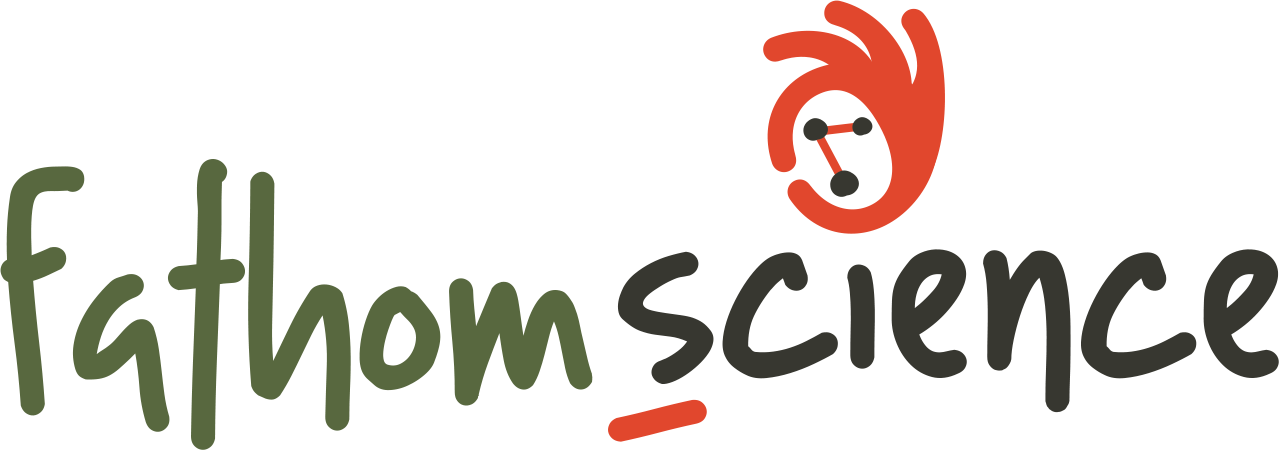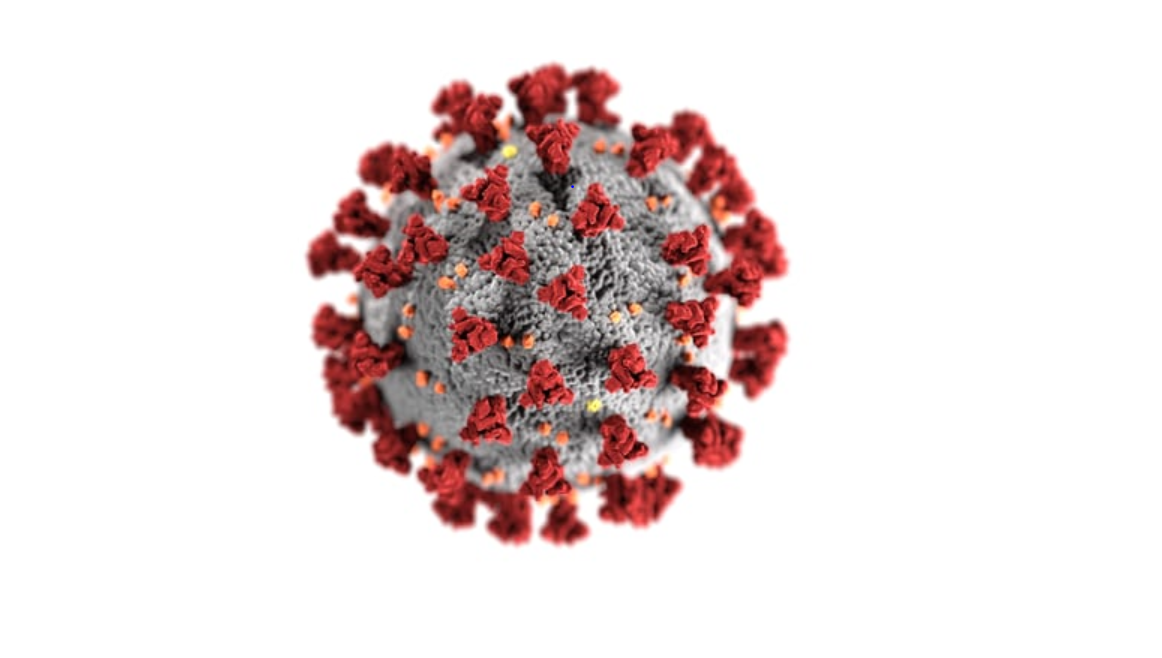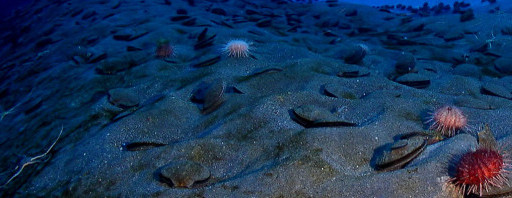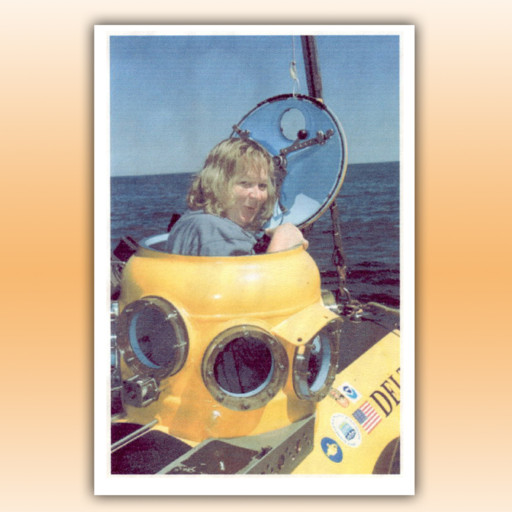Out of the swirl of constant news about the coronavirus, a panel of leading experts convened by a science magazine, a research think tank, and a philanthropic organization has produced some fascinating insights about the power of science in the era of COVID-19.
During a free, public digital Zoom event held on June 17, speakers at “The Pandemic Science Summit,” sponsored by leapsmag, the Aspen Institute Science & Society Program, and GOOD, detailed major advances in the kinds of research hoped to provide treatments and vaccines for the coronavirus, along with finding ways to distribute those advances equitably. Touted as focusing on “how science innovation is the key to society’s future stability” and featuring some of the leading lights of industry, academia, and governmental public health experts, it did not disappoint.
Some of the ideas presented included these:
- The pandemic presents a gripping, harrowing case-in-point of the importance of international scientific collaboration, especially when time is of the essence and since infectious diseases do not recognize artificial boundaries like country borders.
- Making a COVID-19 vaccine that will be available to all underscores the need for universal health coverage. Universal — as in, the whole world.
- In attempting to meet the incredible demand for treatment, both to save lives and prevent further harm to the world economy, scientists need to resist the urge to offer unvalidated therapies. Scientists have a special obligation in this climate, in fact, to provide treatments that are safe and efficacious.
- Based on a treatment developed for Ebola, scientists are making great progress in developing a targeted antibody approach using a “cocktail” of antiviral therapies. At best though, only hundreds of thousands of treatments could be created by present production methods, meaning that a COVID-19 vaccine would still be needed.
- The number of fraudulent scientific papers has escalated during the pandemic, partly because of the rise of more digital publishers on the internet, many of which are not peer-reviewed. This is problematic because the public can often not sort between good science and that which is not.
- Some leaders of research organizations are getting better at communicating because of what they have learned during this crisis, abandoning a “just-the-facts” approach for one that better accounts for using honesty when dealing with unknowns and empathy when relating to a public exhibiting legitimate fear.
The panel represented a who’s who of science, including the president and CEO of Regeneron Pharmaceuticals, Dr. George Yancopoulos, and former FDA Commissioner Dr. Margaret Hamburg, now the foreign secretary of the National Academy of Medicine. It also featured some stars of international public health, including Peggy Oti-Boateng, the director of the division of science policy and capacity-building at UNESCO, and Christopher Bailey, the arts and health lead at the World Health Organization. Elizabeth Bik, a microbiologist and scientific integrity consultant, also contributed. More than 400 people from around the world listened in during the talks.
Kira Peikoff, the editor-in-chief of leapsmag, noted that the event was held to inform but also to celebrate the publication of a special edition of leapsmag — “Good10: The Pandemic Issue.”
— Kitta MacPherson



